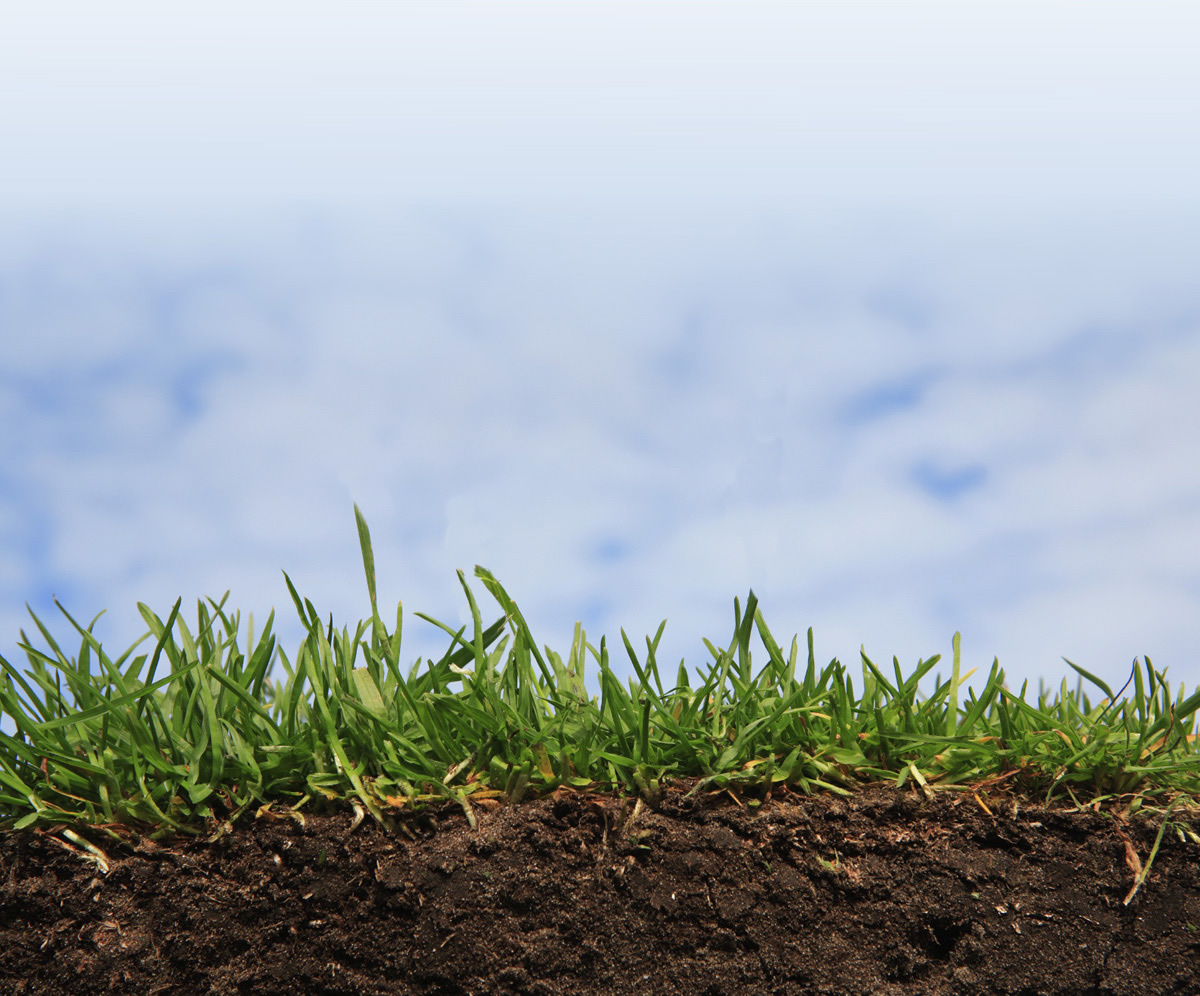Compost in agriculture - the practical and financial benefits
There are various benefits to using quality compost in agriculture. A five-year study, funded by Grantscape through the Landfill Communities Scheme, found many significant benefits from successive annual applications of quality PAS100 compost derived from green waste.
What is compost?
Compost can be made from a wide variety of biodegradable materials, such as domestic garden (botanical) wastes, Landscape contractors green arising and civic amenity green waste. Some composting systems also process small amounts of paper, card, untreated wood and livestock manures.
Composting can be defined as “the natural breakdown of biodegradable materials through mixing, self-generated heating and aeration to form a stable, soil-like material”.
Compost is a natural, safe and environmentally friendly option to consider alongside inorganic fertilizer. There are strict standards for compost production, set out in the British Standards Institute (BSI) PAS 100 certification scheme which Olus fully comply with.
Why is compost good for farmers and growers?
Compost adds stable organic matter to the soil, and slowly releases major nutrients. All Olus compost can come with a full analysis and contract of supply, with the compost being PAS100 and quality protocol standards the Olus compost has full traceability on all its batches.
This has several benefits:
- Increases organic matter in the soil which studies show improves maximum yield potential
- Offers slow release of major crop nutrients including phosphate, potash, magnesium and sulphur
- Improves soil structure for better workability and better crop establishment
- Increases water infiltration and retention
- The organic action of compost can help to inhibit pests and diseases within the soil
- Complements and can enhance the performance of inorganic fertilizers, reducing the overall quantity needed - better for your pocket and the environment.
- Easy and safe to apply as a product.
- A useful input of sulpher to improve cereal and OSR grain quality characteristics.
- The above neutral pH of the compost means it will buffer the acidifying effects of high nitrogen inputs, helping to keep soils at optimal pH.
The financial benefits of using compost in agriculture
Agriculture is the biggest market for compost - trials have shown that quality compost can significantly improve the long term health of the soil. But it can benefit your pocket too. If you require any literature on compost in agriculture or Landscaping please get in touch with our sales team on 01273494040 and they will be happy to send through an information pack.
What are the financial benefits of using compost?
“Although the cost of spreading compost is about £2.50-£3.00 per tonne, farmers can easily recoup these costs from the nutritional value that compost delivers.”
Susie Holmes - ADAS Associate
- Higher yields - compost improves soil structure and fertility and can increase a crop’s yield potential.
- Fertilizer substitution – compost contains crop-available nutrients which will help save costs. Useful P and K content can improve your soil indices and remove the need for additional fertilizers.
- Better water management – compost can prevent heavy soils becoming water logged by increasing water infiltration. It will also help light soils hold on to water, making it available for crop growth during dry periods.
- Fuel savings and traffic tolerance - compost improves soil structure, making it easier to work whilst using less fuel. Improving soil structure will make it more resistant to compaction from traffic and will extend the conditions in which it can be worked.
- Full analysis – Farmers or Landscapers can know exactly what they are getting in there compost to enable them to get the correct spread rates on there fields for maximum benefit.
WRAP ( waste resource action program ) has supported the use of compost in a number of trials, and have been monitoring the associated costs.
- The main factor influencing cost is the distance from compost supplier to the farmer’s field.
- The financial gains are greatest where the distance is short and compost can be collected using the farmers own spreader or trailer, thereby reducing double-handling.
- We found that the total cost, including purchase price, haulage and spreading can vary significantly between suppliers.
- The amount charged for different elements of the service will also vary. Of the total cost, the purchase price made up 20-33%, haulage between 25-70% and spreading 20-45% - further highlighting the benefits of farming near a compost producer.
As fertilizer prices rise, the benefits of using compost become even clearer.








